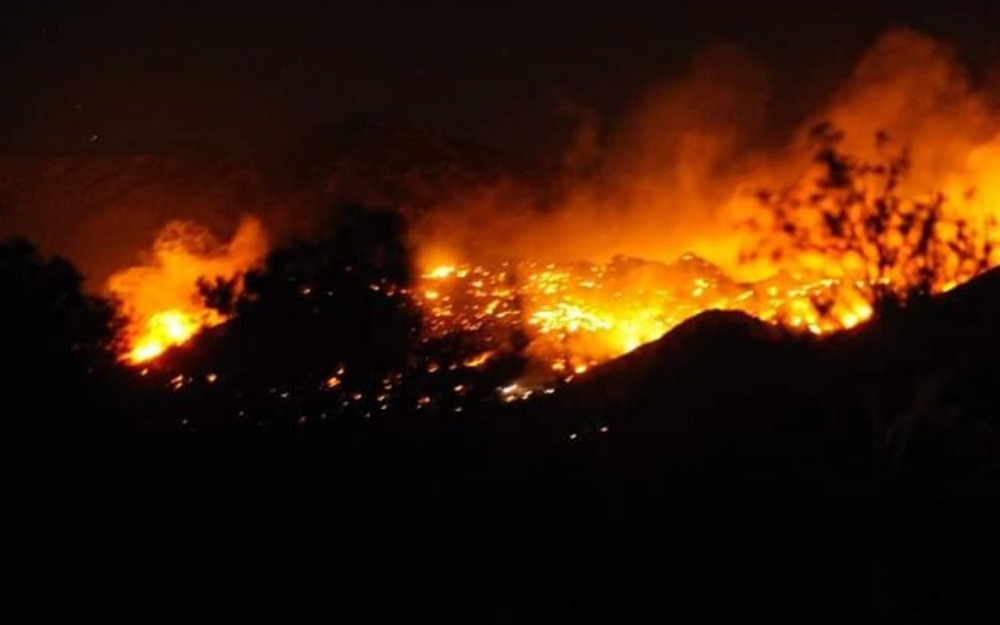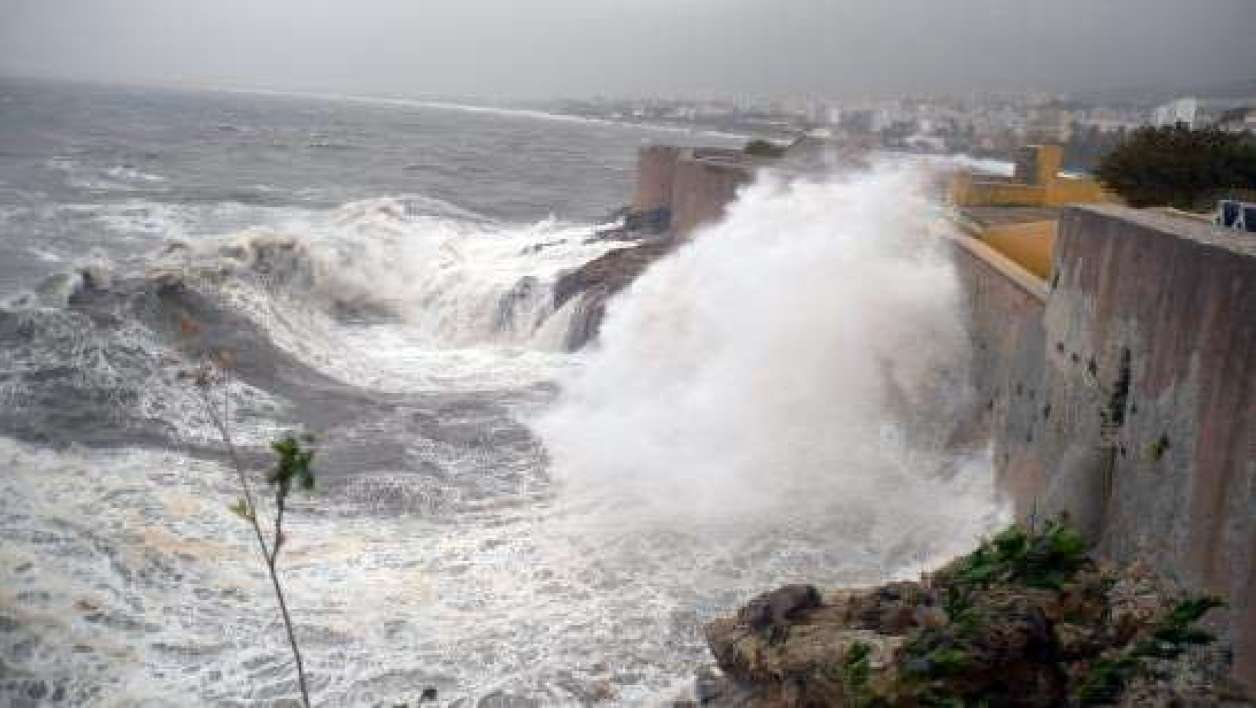 Loading...
Loading...
 Loading...
Loading...
Global warming in the world
Heat records and heat episodes are more and more frequent: By 2100, an increase in global terrestrial temperature of 2 ° C to 4.8 ° C is expected.
Cold episodes in Europe: Indeed, the Gulf Stream that separates the cold air masses of the Arctic and the North Pole from the hot air masses of the southern hemisphere, is less and less airtight.
Global warming in Corsica
Global warming is here and now: Today, temperatures have already risen from 1 ° C to 2 ° C in Corsica since the 1950s. Temperatures will increase from 2 ° C to 4 ° C in 80 years.
In 2050, Corsica will have the climate of Tunis! The worst case scenario is that summer days (average temperature between day and night above 25 ° C) will increase from 30 days to 40 days. Ajaccio, already has 5 hot days more each year. Corsica also experiences vigorous winters, like the one of 2018, with a snowy episode that affected as much the high and medium mountain regions as the coastline.

On one side of the globe, periods of great drought, on the other, torrential rains: In some parts of the world, hurricanes and cyclones will be more intense because of the increase of Earth’s heat; while in other parts and especially in Africa, it will rain less and less. 250 million climate refugees are expected in 2050, with an explosion of poverty from 2030 for 100 million people, among the poorest; this because of poor harvests and soaring prices.
More frequent forest fires: In all countries, fires have increased in recent months, largely due to heat waves.
A very large drought followed by large rainfall events accompanied by a phenomenon of evapotranspiration: In 2017, it did not rain for 8 months from March to November, causing water shortages in some municipalities and drying up most streams for 6 months. The year 2018, meanwhile, was marked by significant rains that spread unabated throughout the first semester. These daily accumulations of water have not benefited the groundwater because they are too important to be absorbed. Also, the water fell on the plants is rejected in the atmosphere, and, at the same time, phenomena of violent winds participated in the drought. By 2050, a significant decrease in rainfall is expected by 10 to 40%, and an increase in flooding.
Fires in the heart of winter 2018: We had never seen that! 2000 hectares of maquis and forests burned in January! The extent of these fires is explained by the fact that a violent storm hit a territory already suffering from drought. Thus, many observers think that “a familiar landscape” (the maquis) is now a great source of threat.
Elevation of sea level and possible disappearance of islands and cities: the ocean level has currently risen by 10 cm. In the next 100 to 200 years, their rise would be at least one meter. 10,000 to 20,000 islands and archipelagos of the Pacific and Polynesia and parts of Asia could disappear. The cities of Miami, New York, Tokyo, Singapore, Amsterdam or Rotterdam could be overwhelmed by the waters.

Submersion expected from the lower parts of the coast:
The sea level will rise with the consequence of submerging the lower parts of the coast. The alluvial plains and particularly that of Taravo, are all concerned and the buildings “feet in the water” all threatened.
Disappearance of a large number of fauna and flora species: At the animal level, one in six species would be extinct in case of an increase of 4.3 ° C in global terrestrial temperature. The Great Barrier Reef north of the Australian coast, the largest coral reef in the world, is threatened by rising temperatures and ocean acidification.
Several endemic species have already succumbed to global warming: Nearly two-thirds of the population of macro-stigma trout has already disappeared due to rising river temperatures of up to 27 ° C to 1700 meters. There is a migration of some invertebrates and beetles from the bottom of the rivers to the heights because the water is colder. With the drought affecting the flora, bees and butterflies pollinators are all at risk. And during periods of high rainfall, plants evolve faster than insects; which also poses the problem of the survival of these species.
The end of the wines of Bordeaux and the Rhone Valley: The area of land conducive to the wine culture will be reduced in Europe by 68% in 2050. The most pessimistic scenario reports a reduction of 86%.
The problem of agricultural water will be greatly raised, and the creation of major waterways with larger hill storage reservoirs and higher elevations to conserve rivers and ecosystems is being considered.
With the heat wave of summer 2017, winegrowers had to water their vines; what had never been seen!
In the short to medium term, it is expected that the size of goat and ewe flocks will be reduced because there is less and less fodder to feed them.
Some activities are already abandoned because they require too much water: this is the case of kiwifruit and we encourage even more citrus fruit cultivation.